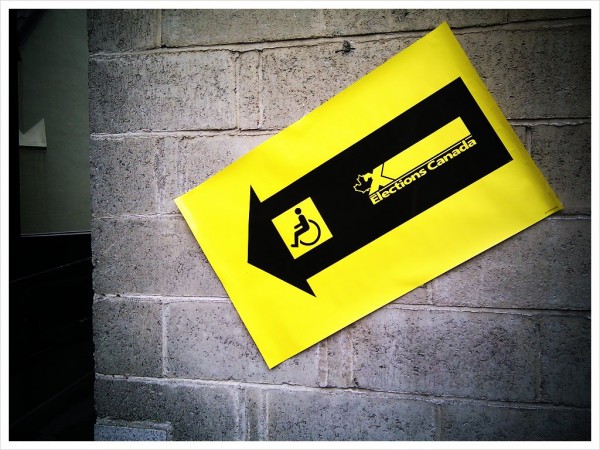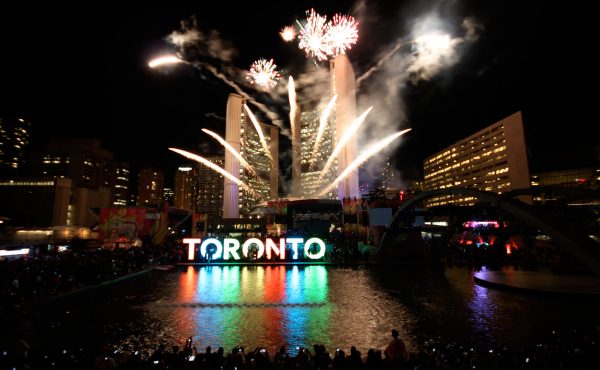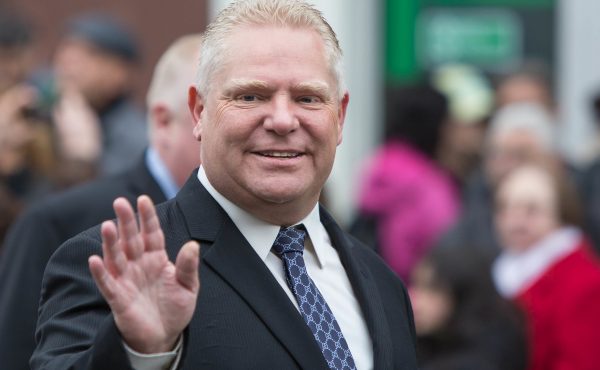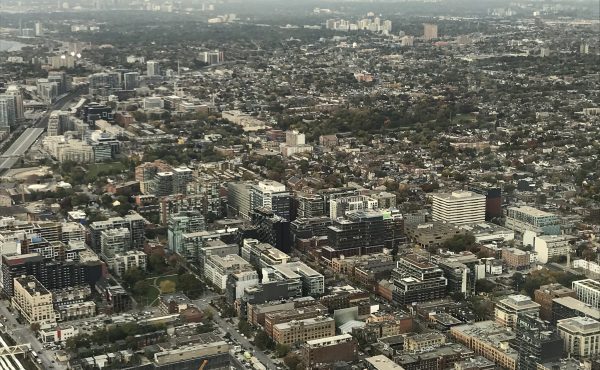If the federal Liberals have endured anything even faintly resembling a controversy so far in these early halcyon days of their majority, it occurred over the holidays, with some punditry ping-pong on the question of whether the government should hold a referendum on electoral reform, and specifically Justin Trudeau’s pledge to move to a post-first-past-the-post democracy. The prime minister’s non-whip whip, Dominic LeBlanc, roundly rejected calls for a plebiscite, and the government is promising legislation by the spring of 2017.
There’s a good reason why this little seasonal food fight made your head hurt. While the Liberals’ patronage of the electoral reform cause seems like a step forward, I still find it difficult to tease apart the government’s stated interest in this subject and the way their positioning generated a political dividend during the election, delivering those voters who are very invested in this issue.
How many voters is hard to say. After all, the election also produced a crisp and cathartic outcome, with strong voter turnout (68.5%). Trudeau, in turn, appointed a highly representative cabinet. And two months on, the polls continue to suggest that Canadians are evidently supportive of the early days direction. It all looks like evidence of a system that worked in spite of its flaws.
Two or three years hence, when the Liberals get around to tabling reforms, the bloom will have come off the Trudeau rose and they’ll have less political incentive — plus a track record that will almost certainly include mistakes, reversals, and even a scandal or two — to make changes that could impair their re-election prospects.
My fervent hope is that the Liberals, and Democratic Institutions minister Maryam Monsef, don’t get so tangled up in the partisan debate over changing the way voting works that they fail to deliver on other important reform pledges, such as online ballots and other voting options designed to increase turnout.
For Monsef, however, the absolute top priority should be unbundling the promised repeal of the Tories’ Fair Elections Act — which is the subject of a lawsuit by the Council of Canadians — from the rest of the government’s democratic reform agenda and getting the necessary legislation through Parliament immediately.
When initially tabled in the spring of 2014, the legislation generated a massive amount of criticism (a withering five-part editorial in The Globe and Mail, and condemnation from international experts, to cite just a few), largely because of apparently urgent measures that would make it more difficult for citizens to vote (through an end to the so-called “vouching” system, which allows voters who lack proper ID to cast ballots), muzzle the chief electoral officer and pave the way for more corporate cash to find its way into Conservative Party coffers. Although the Tories backed away from some provisions, the tightened but unjustified restrictions on voting remain the law of the land, and represent a stain on our system of democracy.
Why? The date of the law is hardly a coincidence. While Elections Canada had been dealing methodically with the fall-out of a contested election result in Etobicoke Centre, the U.S. Supreme Court as recently as mid-2013 had rendered a deeply controversial 5-4 ruling on a case known as Shelby County v. Holder, which struck down a key provision in the 1965 Voting Rights Act, President Lyndon B. Johnson’s signature civil rights accomplishment. That legislation required states with a long and bloody history of voter suppression to submit any proposed changes in their election rules to a panel of federal judges mandated to look for the sorts of tactics (literacy tests, etc.) meant to prevent African-Americans from casting ballots or registering.
When the Supreme Court struck down part of that so-called “preclearance” mechanism in the Act, the justices on the winning side said, in effect, that the system was now 40 years out of date, and thus represented an unconstitutional burden on the rights of individual states to administer their own elections.
It’s surely not an accident that the plaintiff in this case was a wealthy, white, Republican suburb of Birmingham, Alabama — a city whose name became synonymous with racial violence and segregation in the 1960s. Other U.S. states and counties had attempted similar moves in recent years as Republican party officials scrambled for ways to counteract the highly successful minority voter registration drives that helped Barack Obama win back-to-back presidential elections.
It is also not happenstance that in the aftermath of Shelby County v. Holder, dozens of Republican-controlled jurisdictions have tripped over themselves to enact laws making it far more difficult for some citizens, especially Hispanics and low-income voters who move frequently or live in rural areas, to obtain the ID cards necessary to cast ballots. The Tories clearly tuned in to the dispatches from their Republican cousins in places like Kansas and Florida.
As a New York Times feature published before Christmas made clear, the favoured mechanisms are voter ID rules — just like those in the Fair Elections Act.
The justification given for these laws is typically voter fraud, but Republican party documents filed as evidence in some court cases challenging the ID rules have revealed the real story: tampering is merely a pretext for conscious attempts to exclude minority voters considered unlikely to support the GOP (widespread voter fraud was never a problem in Canada, as an Elections Canada study conceded, and yet the Tories insisted on remedying this phony issue by imposing tougher ID rules).
The Fair Elections Act, in sum, is a law that can be traced directly to the worst sort of systemic and legally sanctioned racism that was so prevalent in the U.S. deep south until 1965, and which has made a troubling re-appearance since Shelby in the past two years.
The law’s passage represented the nadir of Stephen Harper’s term as prime minister. The Liberals, whose first act in office was to limit the amount spent on government advertising, should move with comparable speed to jettison this shameful piece of legislation, and do so before they get distracted by other matters.






One comment
Referendums have a tendency to be ignored.
Happened with the Toronto anti-amalgamation referendum. Ignored by the Harris provinicial government.
Happened with the 1946 referendum for the Yonge and Queen rapid transit projects. Still waiting for the Queen rapid transit project (or a reasonable facsimile thereof {AKA DRL}) to start.